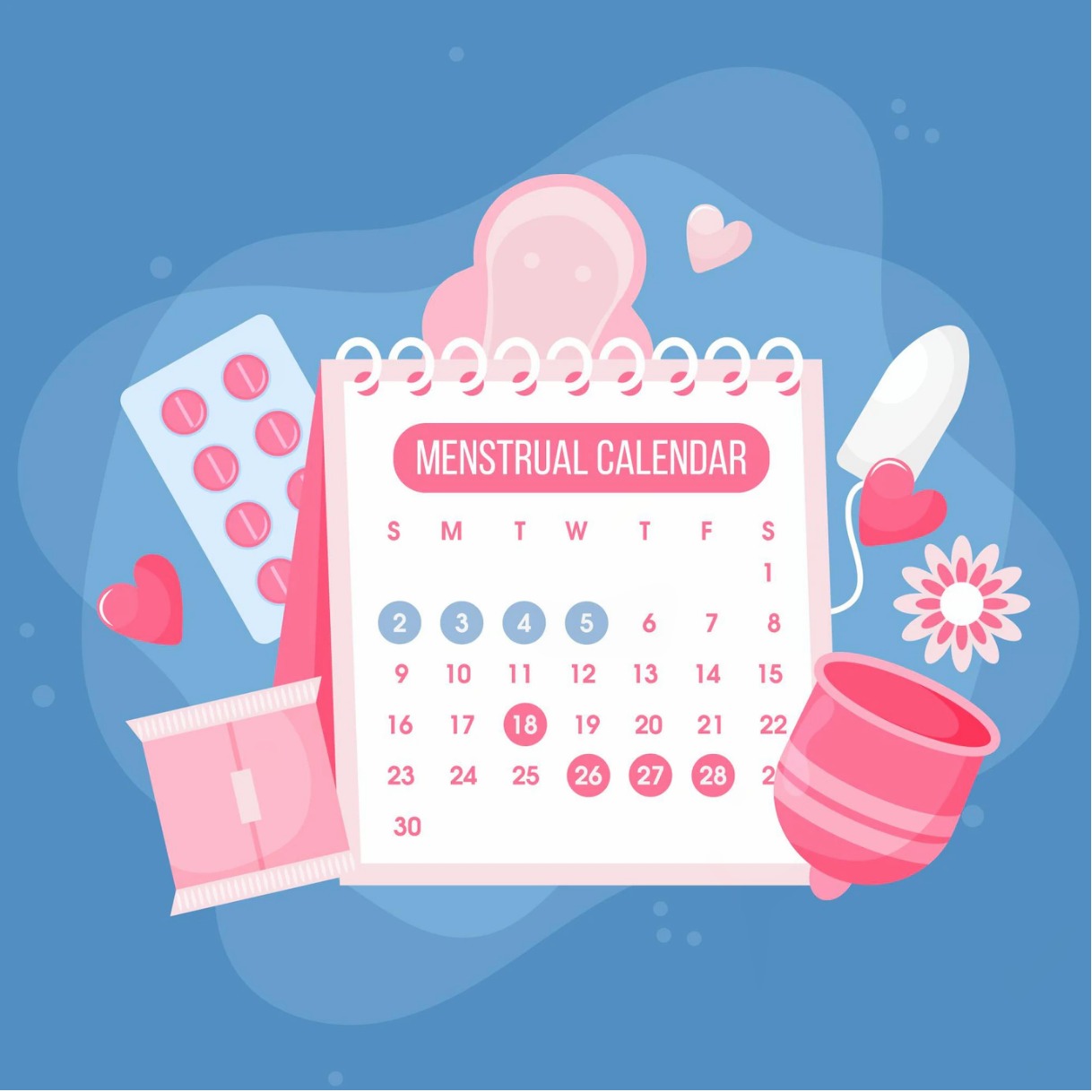Menstrual hygiene is the practice of maintaining cleanliness and personal hygiene during menstruation. It is important for individuals to understand the importance of menstrual hygiene and how to maintain it properly in order to maintain good health and reduce the risk of infections.
Here are some key points to keep in mind when discussing menstrual hygiene:
- Maintaining personal hygiene: It is important to maintain good personal hygiene during menstruation.
This includes regular showering or bathing, washing the genitals, and changing menstrual products regularly. - Use of menstrual products: There are various menstrual products available, including pads, tampons, menstrual cups, and reusable pads.
It is important to choose the product that is most comfortable and appropriate for the individual. - Changing menstrual products: Menstrual products should be changed at least every 4-8 hours, or as needed, to prevent the growth of bacteria and reduce the risk of infections.
- Cleaning menstrual products: Menstrual cups and reusable pads should be cleaned properly before and after each use. This can be done by washing them with warm water and mild soap.
- Disposing of menstrual products: Pads and tampons should be wrapped in paper or plastic before disposing of them in a trash can.
Menstrual cups should be cleaned and sterilized before being reused. - Managing cramps and other symptoms: Menstrual cramps and other symptoms such as nausea, headaches, and fatigue can be managed with over-the-counter pain relief medication, heating pads, and rest.
- Staying hydrated and healthy: Drinking plenty of water and eating a healthy diet can help to reduce cramps and other symptoms, as well as promote overall health.
- Seeking medical advice: If an individual experiences unusual symptoms or discomfort during their menstrual cycle, they should seek medical advice.
- Breaking the taboo: Menstruation is still a taboo topic in many cultures, which can make it difficult for individuals to access information and resources about menstrual hygiene.
By breaking the silence around menstruation and promoting open and honest dialogue, we can help to reduce the stigma and shame that often surround this natural process. - Inclusive education: Menstrual hygiene education should be comprehensive and inclusive, covering all aspects of menstrual health, including physical, emotional and social aspects, and be age-appropriate and culturally sensitive.
